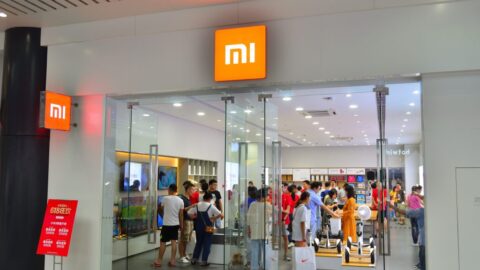 TheTechMedia.com/wp-content/uploads/2020/03/Brand-New-VS-Refurbished-Smartphones-Mobiles-in-GST-Scenario-800×405-1-300×152.png 300w, https://TheTechMedia.com/wp-content/uploads/2020/03/Brand-New-VS-Refurbished-Smartphones-Mobiles-in-GST-Scenario-800×405-1-768×389.png 768w” sizes=”(max-width: 800px) 100vw, 800px”>
TheTechMedia.com/wp-content/uploads/2020/03/Brand-New-VS-Refurbished-Smartphones-Mobiles-in-GST-Scenario-800×405-1-300×152.png 300w, https://TheTechMedia.com/wp-content/uploads/2020/03/Brand-New-VS-Refurbished-Smartphones-Mobiles-in-GST-Scenario-800×405-1-768×389.png 768w” sizes=”(max-width: 800px) 100vw, 800px”>India’s new ‘Atmanirbhar Bharat’ scheme, that translates to ‘Self-Reliant India’ seems to be gaining some major steam now. With a global anti-China sentiment on the rise and an emerging economic powerhouse+world’s fastest growing smartphone and internet market, India is become a steadily becoming a hotspot for consumer electronic manufacturing.
That list is getting some major additions today, with Apple’s partner manufacturers and Samsung. Both these companies have feigned interest in the $6.65 billion worth production-linked incentive (PLI) that aims to make the country a smartphone manufacturing hub, just like its northern neighbor China.
The scheme, according to which the Indian government will offer cash incentives to companies for increased sales of devices made locally- hopes to turn India into a fair competitor to China. The payout is huge, and has thus, attracted companies like Samsung and Apple’s Taiwan manufacturers-Foxconn, Wistron Corp and Pegatron Corp to register for the scheme.
It must be noted that Apple already performs assembling of its iPhone 11 in India, which is handled by Foxconn and Wistron’s local unit in two southern Indian states. Moreover, Apple already has experience in the region, and has been assembling older iPhone SE, iPhone 6s, and iPhone 7 at the Bangalore plant. The third manufacturer, Pegatron, is still in talks with various states, and might open up a manufacturing plant soon.
A report by Reuters claimed that Foxconn plans to invest up to $1 billion to expand a factory in Tamil Nadu state where it assembles iPhones.
Moreover, South Korean tech giant Samsung has also applied for the PLIs. Samsung already operates the world’s largest smartphone manufacturing unit in the country. Double that up with the South Korean giant’s rather ‘household brand’ image in India and all of this puts it in a great spot to profit off from the scheme.
In addition, another smartphone manufacturer, one that isn’t as ubiquitous as Samsung or Apple, has applied for the scheme. Lava, a little known Indian smartphone company, was among the first to register, and might be able to extract huge profits based on nationalistic value alone, if it can create phones that rival its competitors. Lava earlier used to rebrand phones imported from China.
The scheme will be in place for 5 years, starting from 2019-2020.













